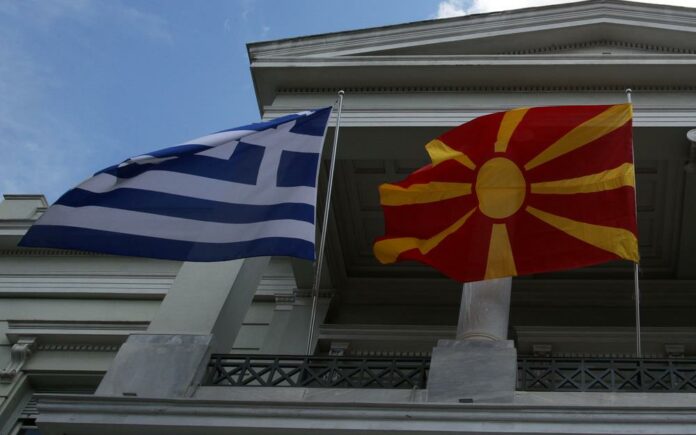Resumed UN-mediated talks, contacts and widespread media speculation across two continents were on the menu this week, in line with resurgent efforts by Athens and Skopje to finally resolve the long-standing “name issue”.
Greek Prime Minister Alexis Tsipras received Archbishop of Athens and All Greece Ieronymous at the official Maximos Mansion on Thursday evening in order to reportedly brief the latter over restarted negotiations. Although the top ecclesiastical leader holds no political position, he heads up the influential Orthodox Church of Greece, which just days ago stepped into the foreign policy sphere with a more-or-less hardline statement by its Holy Synod members on the “name issue”.
In exiting the meeting, Ieronymous nevertheless said “mass protest rallies and howls” should be avoided at present, instead what is needed is national consensus and unity.
Earlier, Tsipras met with his foreign minister, Nikos Kotzias, with the latter briefing the Greek premier on negotiations held under the auspices of UN special mediator Matthew Nimetz. The latter reportedly presented his proposals to both sides on Wednesday.
Press reports out of Athens claimed Nimetz’s five proposal included geographic and chronological qualifiers before and after the name “Macedonia”.
Nimetz, in fact, had earlier stated that it was unrealistic not to include the name “Macedonia” in the land-locked country’s name, while adding that the citizens of the former Yugoslav Republic of Macedonia (fYRoM) – the name by which Greece currently recognizes its neighbor – would not support such a prospect.
Meanwhile, Tsipras is expected to meet with his counterpart from fYRoM, Zoran Zaev, at the annual Davos conference on Jan. 24, assuming progress has been made in negotiations, according to government sources in Athens.














